I'm running java application with ~80GB of memory-mapped files, which should be accessible via TCP, using AWS r3.8xlarge for that (I have it reserved, so migrating to non-NUMA architecture is not an option, at least right now) and have the following problem:
- during peak loads I noticed increased sys time and perf tool is showing that most of the time is spent in numa page_migration. Is it possible to replicate somehow memory across NUMA blocks to prevent continuous moving pages from one block to another? (all CPUs accessing all ~80G of memory)
(whole memory is read-only and may be pre-allocated during application startup.)
